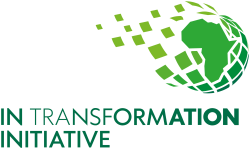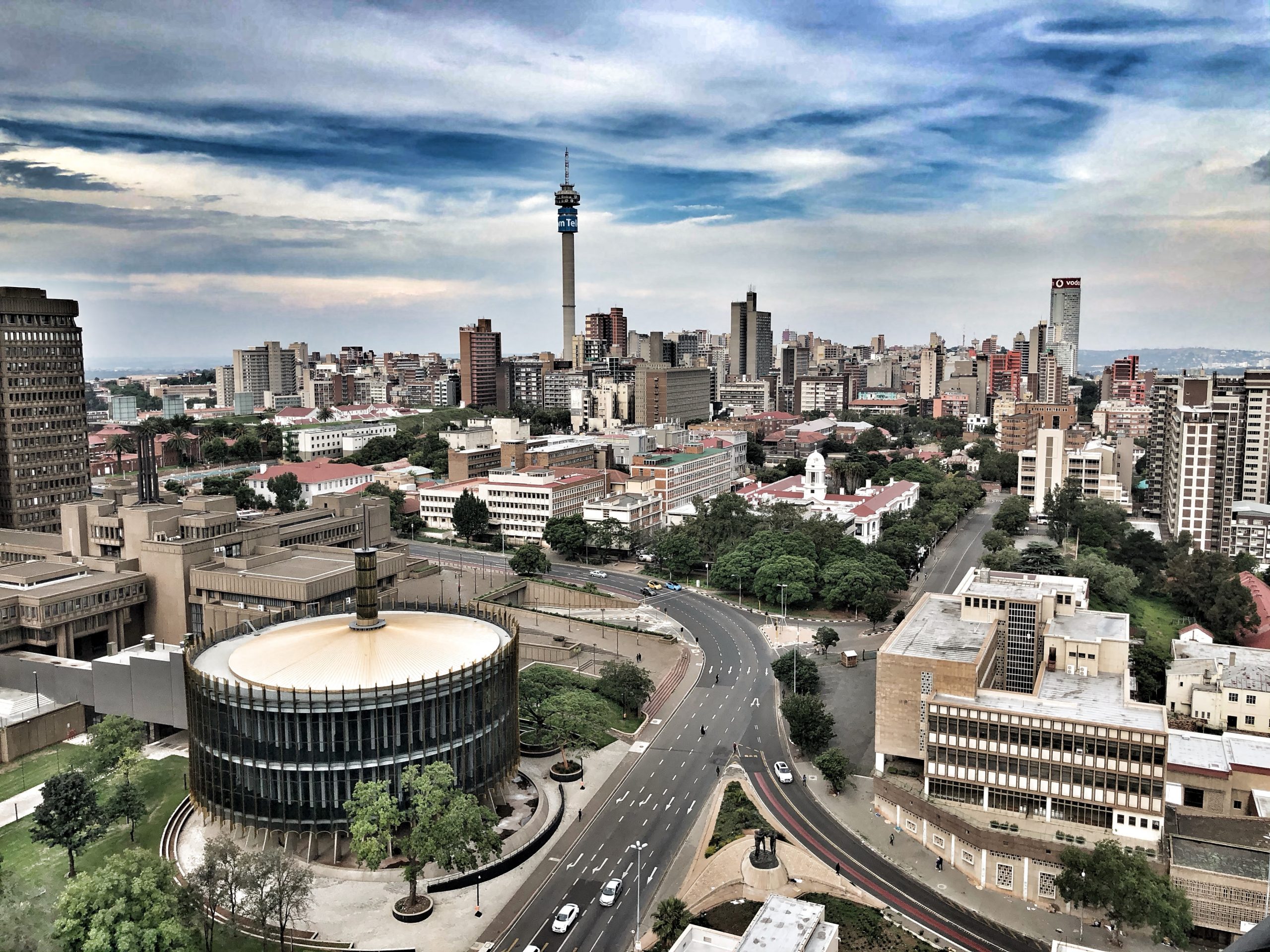The late Frederik van Zyl Slabbert is famous for saying that he achieved more in 18 months dealing with ‘real issues’ in local government than in 12 years in Parliament.
In his new book about the former opposition leader, Slabbert: Man on a Mission, writer Albert Grundlingh describes Slabbert’s experience as head of the Central Witwatersrand Metropolitan Chamber, where he struggled to unite Soweto and the former white Johannesburg into one local administration. Slabbert worked tirelessly ‘at the coalface of [South Africa’s] democratic transition’ to end rent boycotts and to achieve an inclusive local government system that could serve all the citizens of the area that is now the City of Johannesburg metropolitan municipality.
Exactly 30 years after Slabbert’s appointment to head the Chamber in 1991, it remains clear that fixing local government and improving service delivery in South Africa is a mammoth task that is still far from over.
Some might even see it as an impossibility: a proverbial stone of Sisyphus that is rolled up the mountain by well-meaning and hardworking citizens, but that always rolls back when corruption, nepotism, political bickering and incompetence seep in.
In Transformation Initiative (ITI) director Mohammed Bhabha, however, is not one of the pessimists.
When speaking to him about the new local government leadership initiative that ITI has started in conjunction with other players such as the Wits and GIBS business schools, one realizes the problem of local government might be on an entirely different level than what one is usually led to believe.
And with enough effort and investment in training and mentoring it actually can be fixed.
‘The difficulties we face in municipalities are not because of a lack of technical capabilities, it is about a lack of confidence and a lack of leadership capability on the level of municipal managers,’ explains Bhabha, a former MEC for local government in Mpumalanga and advisor to the minister of Cooperative
Government and Traditional Affairs.
‘Local government is a key component of implementing an economic recovery plan and building a strong state machinery. The problems aren’t because there is no talent. There are many pockets of excellence,’ he says.
This deep-seated lack of confidence that is at the heart of many other problems can be linked to a lack of institutional memory, an inability by some within the ruling party to transcend class differences, an approach that doesn’t value middle managers enough, and a regulatory environment that doesn’t provide
security of tenure.
Positions in local government are also too closely linked to politics. Belonging to one or another faction in the ruling party could mean the difference between keeping your job or being out on the street.
Bhabha says the administration should be protected from the vicissitudes of politics so that officials can be secure and have the confidence to lead and give direction. In the United States, for example, the administration survived the Trump era because it was not so dependent on politics.
‘Our resources and planning is fragmented because the leadership is torn apart.’
Another layer in the problems of leadership is the nature of South Africa’s political transition.
The lack of trust between sections of society, notably the political sphere and the private sector, is hampering progress.
That is one of the reasons for the new ITI programme, which is based on integrated learning to address the trust deficit. From its experience with the Private Public Growth Initiative (PPGI), which was started by ITI a few years ago, it emerged that fixing the link between the private and public is absolutely crucial to move the country forward.
The participation of ordinary citizens in service delivery is also key to this inclusive approach.
‘We are now testing the experience of PPGI through this leadership approach,’ explains Bhabha.
The problem is indeed dire.
Service delivery protests are almost a daily occurrence in South Africa with over 200 protests on average per year before Covid-19, according to Municipal IQ. In some municipalities citizens have had no choice but to take services such as water delivery, sanitation and road repair into their own hands.
But starting with a pilot project in June this year in the Waterberg local district municipality, with the support of the Hanns Seidel Foundation and others, ITI/PPGI believes it can make a difference.
Municipal managers and representatives of local non-governmental organizations such as the Waterberg Tourism initiative and private businesses will take the course together. This is likely to create synergies within the municipalities that do not exist at the moment.
The leadership courses are in addition to those already run by the South African Local Government Association (SALGA), with which ITI is discussing this initiative.
Plans are afoot to roll out the curriculum to other municipalities across the country.
Skills such as meeting and time management, prioritization, risk and cost management, monitoring and tracking progress and reporting are among those being taught. Regulatory frameworks and local government legislation will also be on the agenda in the last phase of teaching.
ITI and its partners are confident this could usher in a new phase of more effective managers leading the country’s crucial local government turnaround.

